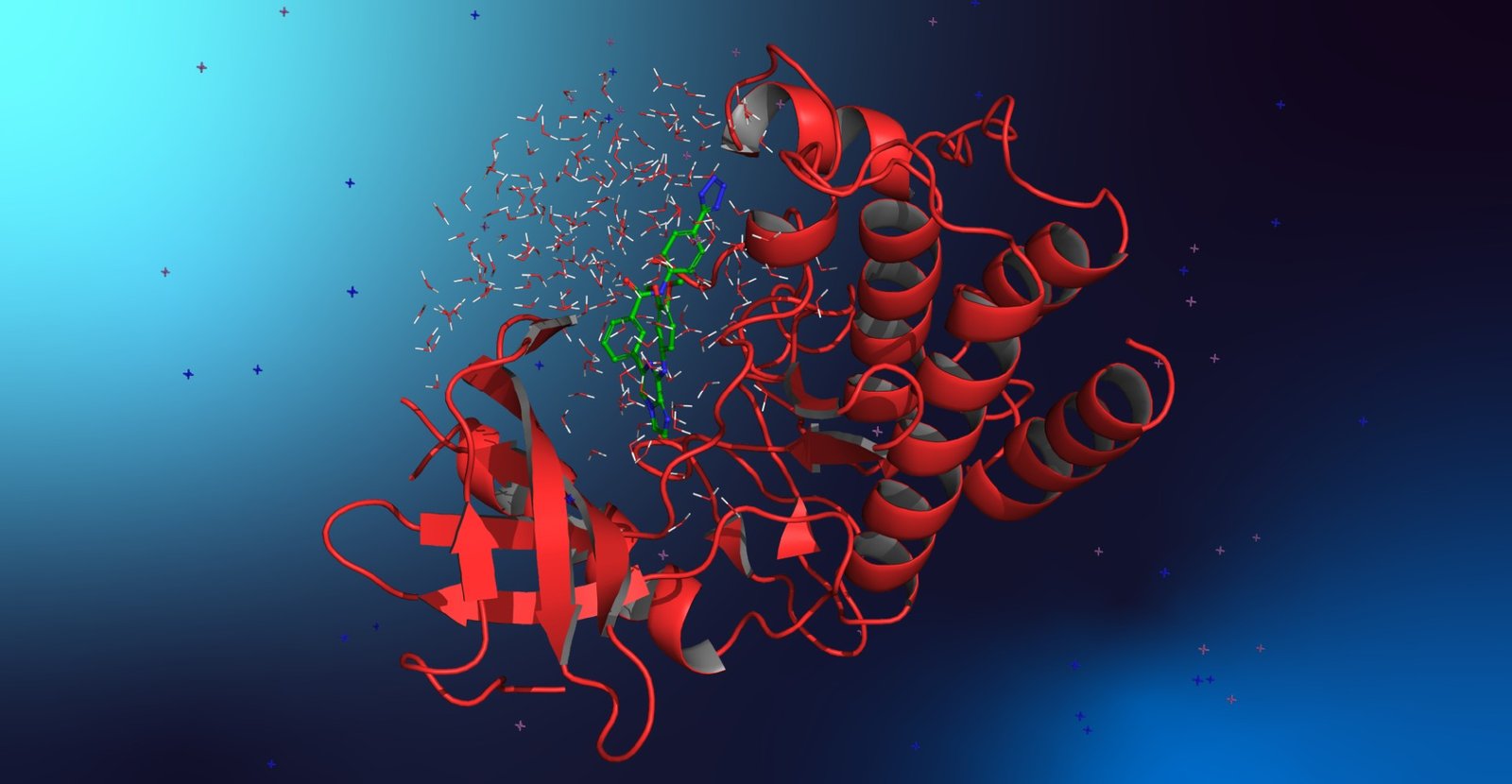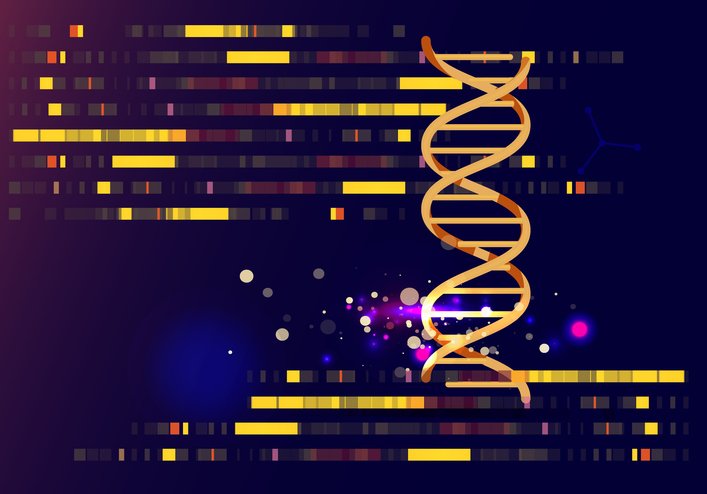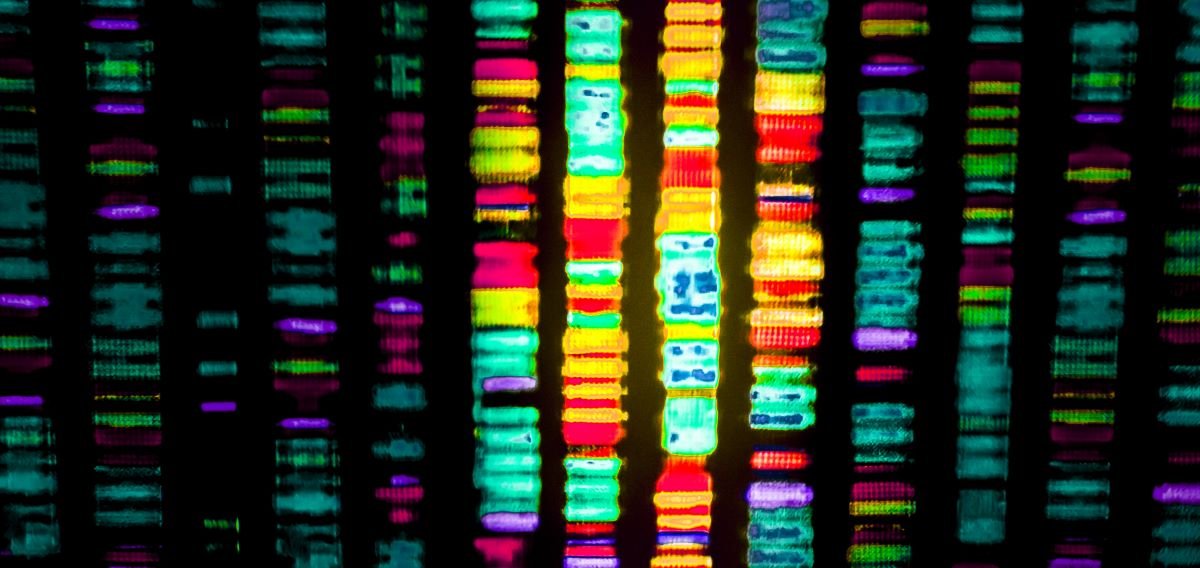Schrödinger has halted development of its cancer-fighting candidate SGR-2921 after two patients treated with the cell division cycle 7 (CDC7) inhibitor died in a Phase I trial.
The trial (NCT05961839) was a dose-escalation study of SGR-2921 in adults with relapsed/refractory acute myeloid leukemia (AML) or high-risk myelodysplastic syndromes. The study was designed to measure the safety and tolerability of SGR-2921, as well as determine the maximum tolerated dose and/or recommended dose for future trials.
Schrödinger at deadline had not disclosed the ages and sexes of the patients who died—but did describe the deaths as having occurred in “two emergent events where SGR-2921 was considered to have contributed to two deaths in patients with AML.”
“Patient safety is our first priority, and in light of two treatment-related deaths in the Phase I dose-escalation study, we have made the decision to discontinue further development of SGR-2921,” Margaret Dugan, MD, Schrödinger’s chief medical officer, said in a statement released this morning.
SGR-2921 was expected to read out data from the Phase I trial during the fourth quarter of this year, Schrödinger said August 6 in announcing second quarter results. To date, Schrödinger said, the trial showed “early evidence of monotherapy activity,” which was not detailed in the statement.
“While disappointing given the early clinical activity observed, we believe this is the right decision for patients,” Dugan added.
Schrödinger said the trial had been supported by preclinical data in patient-derived models of AML showing that both monotherapy and combination anti-leukemic responses resulted in inhibition of CDC7, a key cell cycle checkpoint for DNA repair. Those findings suggested to the company that SGR-2921 could ultimately be used in combination with standard of care agents.
‘Prudent’ decision
“While preclinical data suggested ‘2921 could find an appropriate therapeutic index to move forward, patients in these indications can be quite susceptible to TRAEs [treatment-related adverse events] of this sort, and we view termination as prudent at this stage,” Mani Foroohar, MD, senior managing director, genetic medicines and a senior research analyst with Leerink Partners, wrote this morning in a research note.
Foroohar reiterated Leerink’s “Outperform” rating but cut the firm’s 12-month price target on Schrödinger shares by about 16%, from $32 to $27.
“We see downward pressure on OpEx [operating expenses] and improving margins over the next two years as incrementally more likely, and view this news—while foremost a tragedy for the patients and families—as further evidence in support of the case for SDGR to focus on the core business, and over time exit independent drug development,” Foroohar added.
Dennis Ding, equity analyst with Jefferies, said Schrödinger management have told the firm they attribute the observed toxicity to the CDC7 target, not the drug, which performed as expected.
“CDC7 inhibition worked as intended as a cell cycle kinase inhibitor in leukemic cells for patients, but patients were also immunosuppressed and CDC7 inhibition exacerbated infection risk, leading to two deaths that could potentially be related to SDGR’s drug (two patients at two different doses),” Ding wrote in a research note.
Because the therapeutic window for CDC7 was too narrow, the toxicity was unavoidable, management told Jefferies.
“Thus, we see this as a problem with the CDC7 target and the specific leukemia patient population and see no readthrough to the overall platform nor should it impact pharma partner’s view of the platform and software utilization,” Ding added.
Clinical Pipeline Updates
In reporting Q2 results last week, Schrödinger offered updates on its two other clinical-phase candidates in its proprietary, non-partnered pipeline:
- SGR-1505—The company is conducting an ongoing review of strategic alternatives for SGR-1505, a mucosa-associated lymphoid tissue lymphoma translocation protein 1 (MALT1) inhibitor designed to treat blood cancers. In June, Schrödinger presented positive initial data from a Phase I trial (NCT05544019) of SGR-1505 in relapsed/refractory B-cell malignancies. SGR-1505 was seen to be well tolerated and clinically active with responses observed in patients with chronic lymphocytic leukemia and Waldenström macroglobulinemia.
- SGR-3515—Schrödinger expects to report initial clinical data for the Wee1/Myt1 co-inhibitor in the fourth quarter from a Phase I trial in patients with advanced solid tumors.
A key step in exiting independent drug development, Foroohar asserted, would be for Schrödinger to find a partner for further development of SGR-1505.
Investors responded to the news of the patient deaths by sending Schrödinger shares down nearly two percent, to $19.45 from yesterday’s close of $19.84. Before today’s opening bell, a selloff had lowered shares about 17%.
Alex Zhavoronkov, PhD, founder, CEO, and chief business officer of artificial intelligence (AI)-based drug developer Insilico Medicines, noted in a LinkedIn post that Schrödinger was the latest of numerous drug developers to halt development of their CDC7 inhibitor candidates after clinical or preclinical studies.
Others such companies include Bristol-Myers Squibb (BMS-863233, also called XL413); Nerviano Medical Sciences (NMS-1116354); Eli Lilly (LY3143921); Chia Tai Tianqing (also called Sino Biopharm, TQB3824); Takeda Pharma (Millennium) and Zai Lab (simurosertib, also called TAK-931 or ZL-2309); and Ignyta, acquired by Roche (RXDX-103).
“It looks like a graveyard,” Zhavoronkov wrote, noting that only two companies on his lost continue to have active CDC7 inhibitor programs in development: Lin BioScience (LBS-007), and Carna Biosciences, formerly Sierra Oncology (monzosertib, also called AS-0141).
“Even if we had pharmaceutical superintelligence today and start a therapeutic program, the earliest you would see the perfect drug approved would be 6-7 years later,” Zhavoronkov wrote. “So, no–we will not see the end of all diseases in 10 years.”
The post Schrödinger Halts Cancer Drug Program after Two Patients Die in Phase I Trial appeared first on GEN – Genetic Engineering and Biotechnology News.




